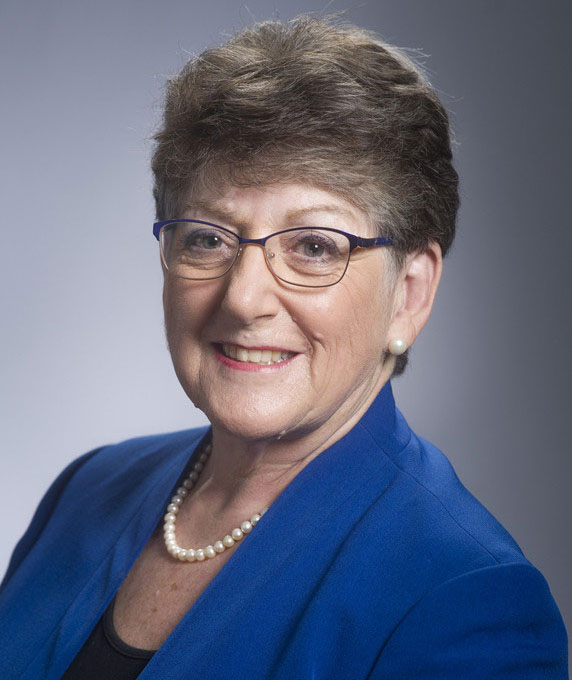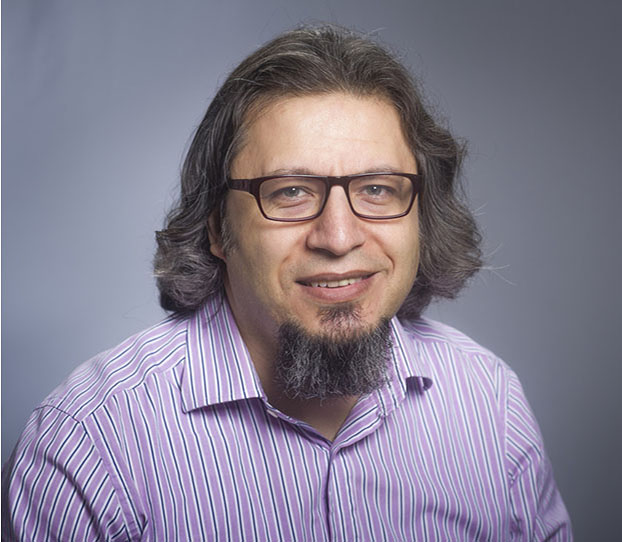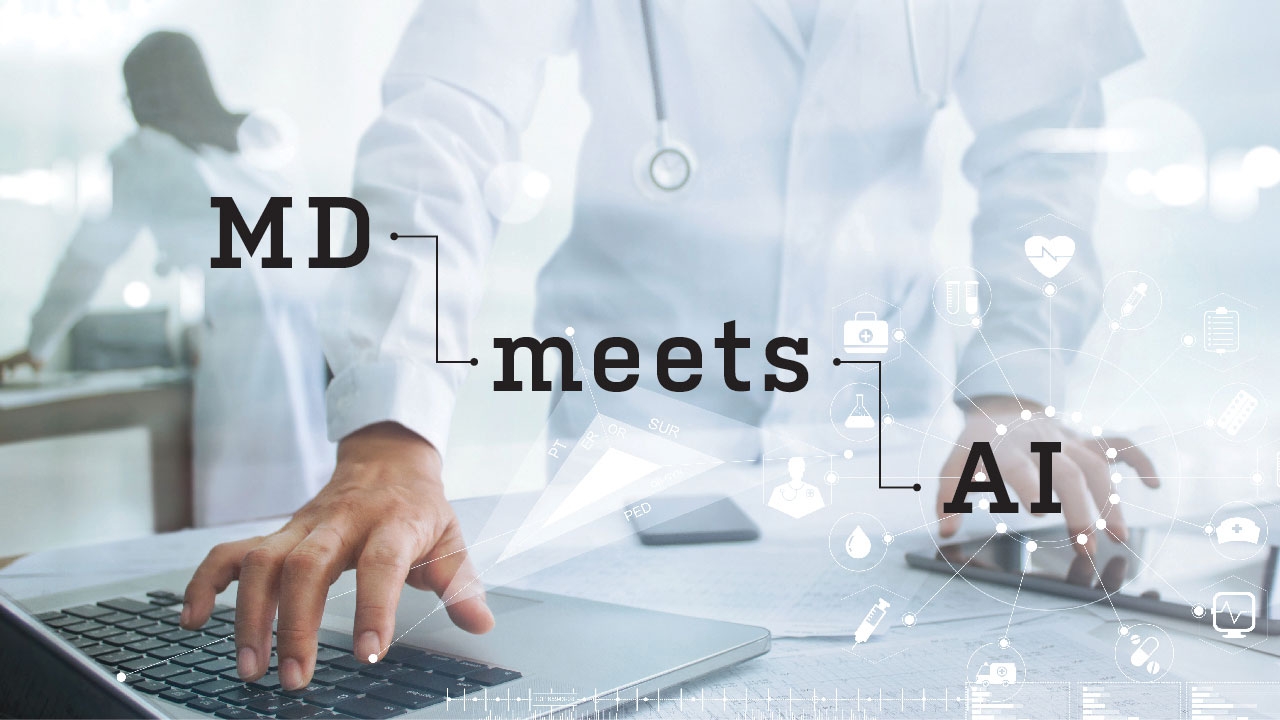In factories, in offices, and behind the wheel, artificial intelligence (AI) technology is taking on jobs humans used to perform exclusively. But what about in your doctor’s office? A growing number of physicians are turning to a form of AI—machine learning-based decision support systems (ML-DSS). This technology helps clinicians mine and synthesize enormous amounts of data—electronic health records, patient demographics, MRI images, pathology reports, and research studies, for example—to aid their decision-making.
Machine learning is a form of artificial intelligence that uses complex algorithms and large datasets to teach computerized devices how to make decisions and complete tasks—without reprogramming by humans.
Last year, Eta Berner, Ed.D., and Bunyamin Ozaydin, Ph.D., from the School of Health Professions health informatics program, wrote on the topic in the Journal of the American Medical Association. Here, Berner, professor and director of the Center for Health Informatics for Patient Safety/Quality, and Ozaydin, assistant professor of health services administration, discuss the benefits and risks of ML in medicine:
 Eta Berner
Eta BernerHow will ML-DSS change the way clinicians work?
Berner: “Clinicians have had decision support tools for some time. For instance, when they order a medication, they may get an alert if the patient takes a drug that interacts with it, and they can order another medication that won’t cause problems. ML approaches can allow these systems to learn from the experiences of many patients to provide more precise information to the clinician.”
How will it benefit patients?
Ozaydin: “ML can help early diagnosis. As more data about patients with a particular disease become available, ML will get better at identifying disease patterns and potentially detecting those patterns on a patient’s health record before physicians or traditional screenings can. ML also can help identify previously unknown and unsuspected causes of certain diseases.”
Could ML lessen physicians’ abilities to analyze data and make their own decisions?
Berner: “Developers of decision support tools are adamant that they are designed to assist, not replace, the clinician. People once had a similar worry about spellcheckers in word processing. Sometimes the user has to override the spellchecker, even if it’s right most of the time, but most people today would not turn it off.”
Ozaydin: “The spellchecker may have made us worse spellers; however, it has helped us spend more time on the content of what we write. Similarly, ML-DSS may help physicians develop new skills by helping them focus on aspects of care that machines cannot perform well.”
 Bunyamin Ozaydin
Bunyamin OzaydinAre there downsides?
Ozaydin: “Using ML-DSS as the single source of truth could cause medical errors. Another important downside is the inability of users to understand how the machines make decisions. Even when they know what factors the machines consider to arrive at conclusions, understanding every detail of the process is difficult, but extensive validation can help.”
Could ML take on more of the doctor’s role in the future?
Berner: “It’s possible that for certain tasks, the tools or algorithms can be trusted to perform with minimal oversight. But there are many subtleties with patient care that may be difficult to capture in automated approaches, and those may not be worth the cost, effort, or safety.”
What excites you about ML-DSS?
Berner: “The possibility of truly personalized medicine. If we develop systems that can use patient data nationwide and develop models that can predict outcomes or analyze the impact of different treatments, a physician can identify what’s most likely to be effective for an individual patient’s situation.




